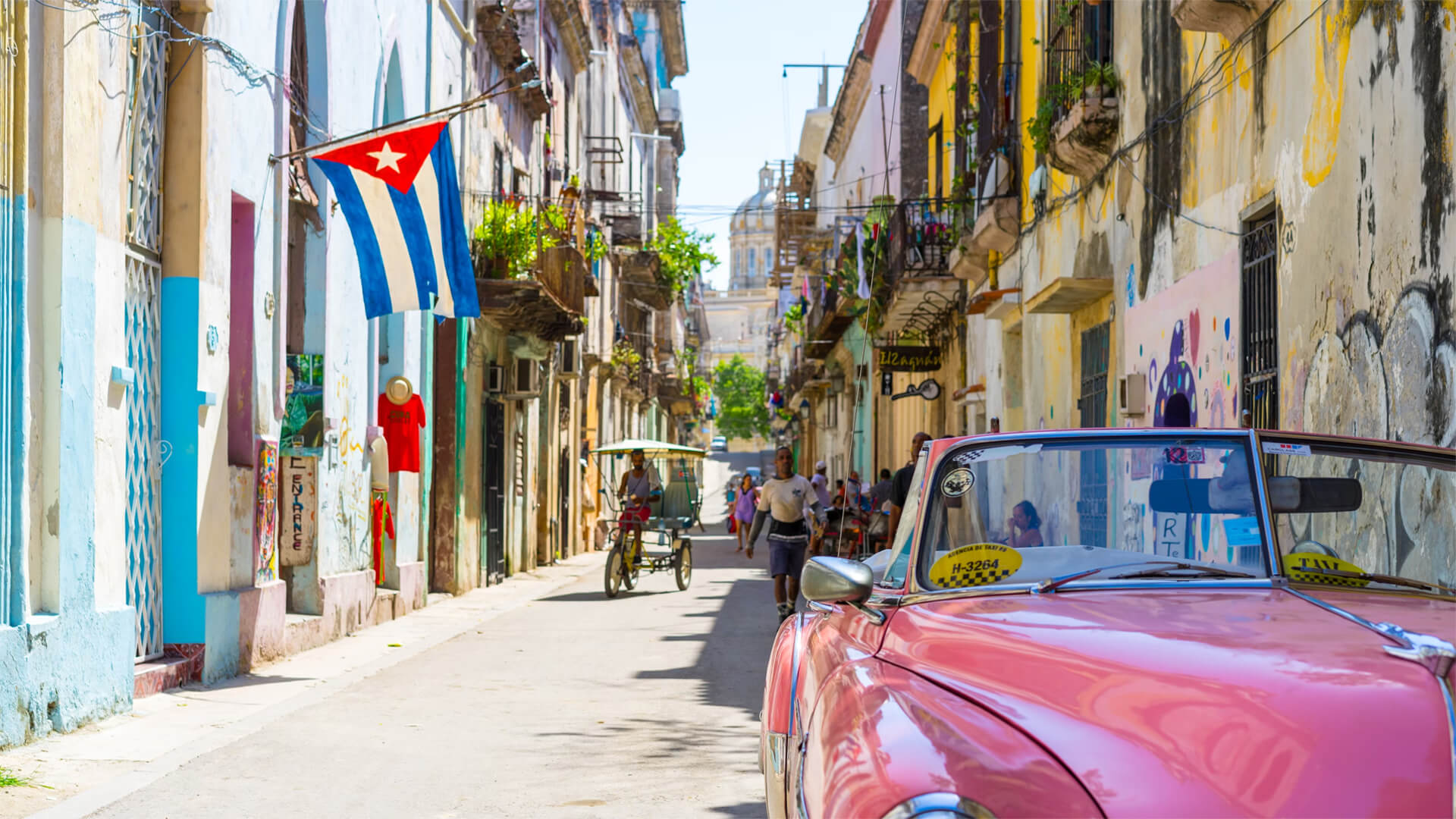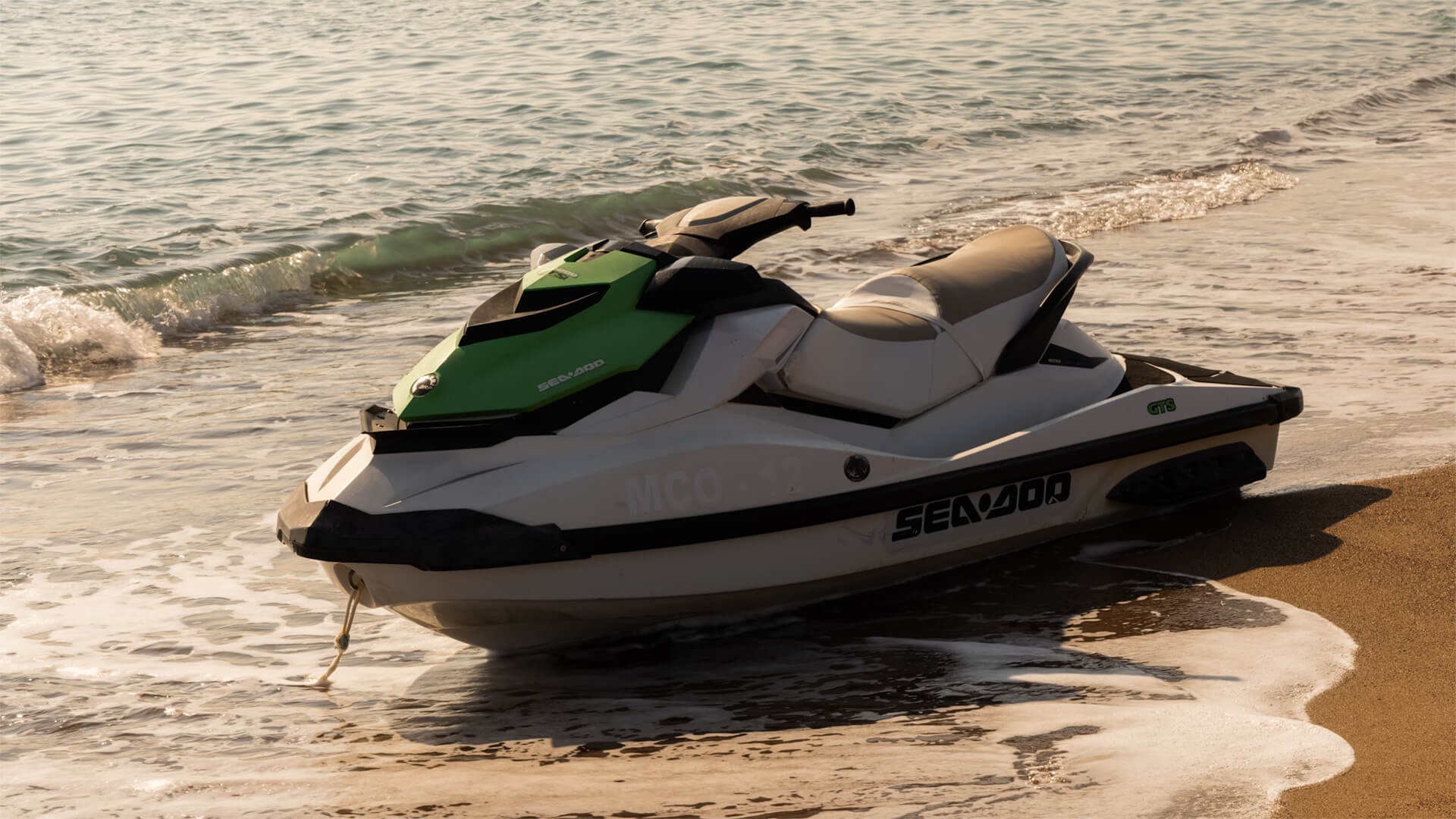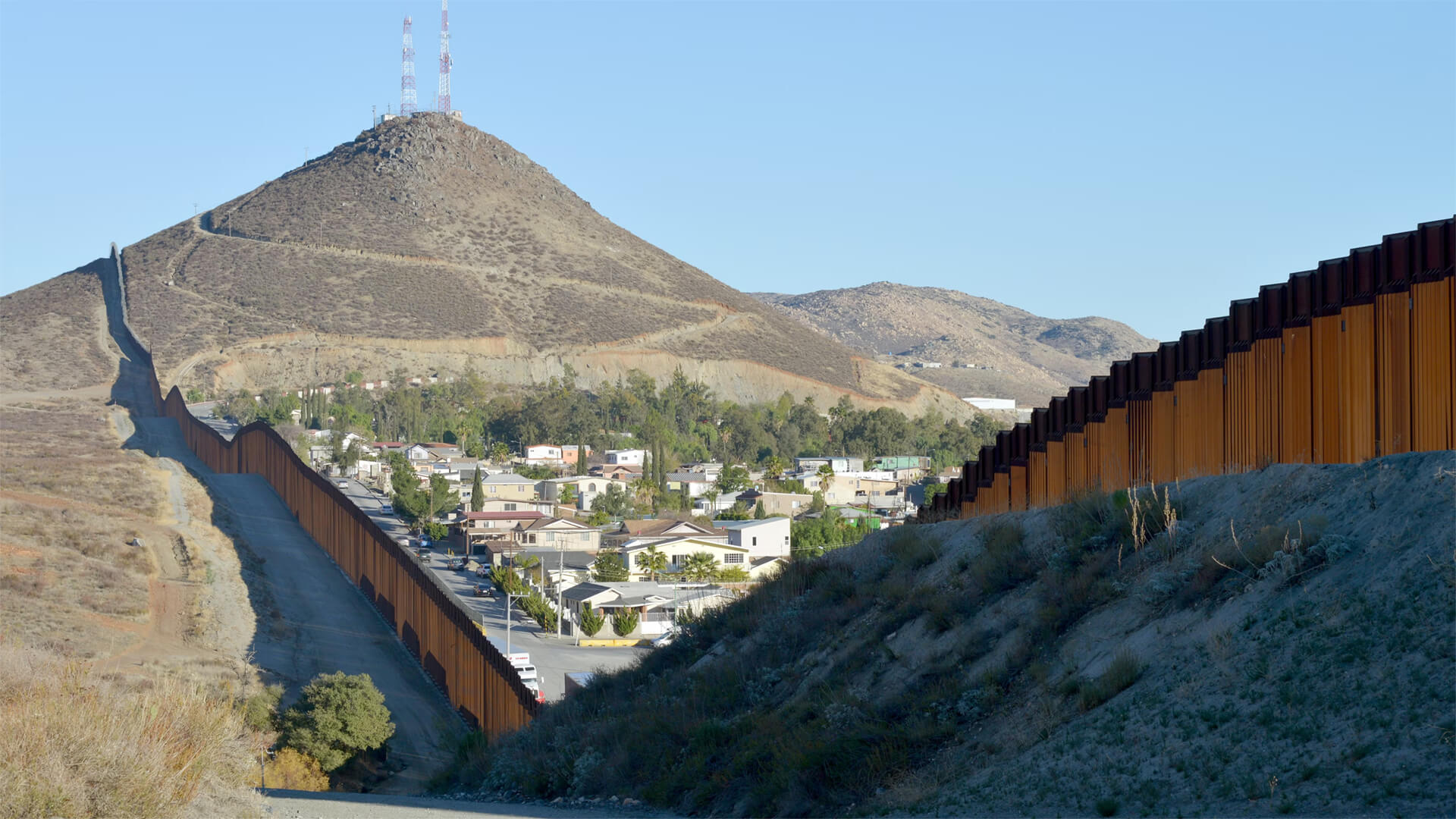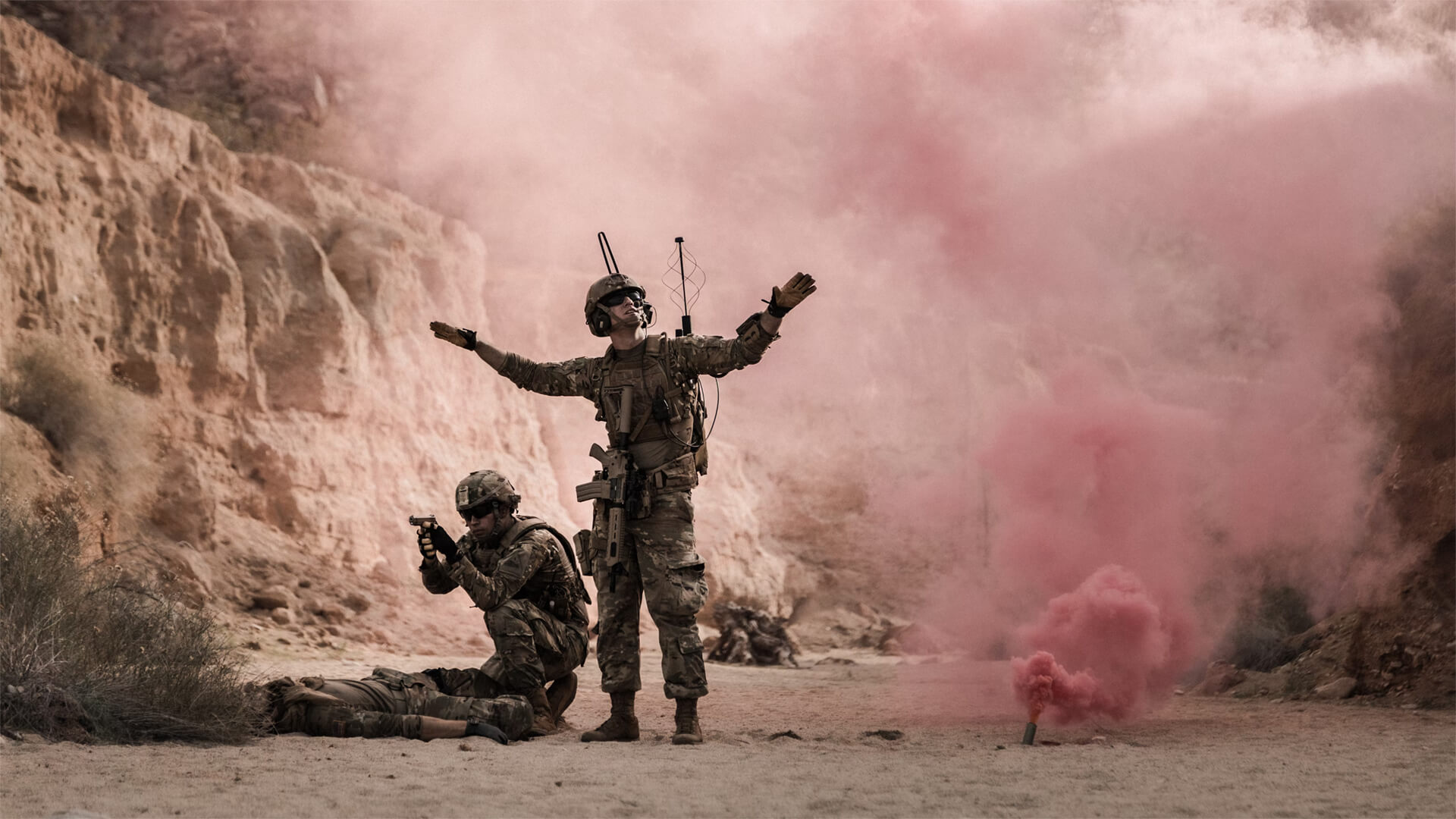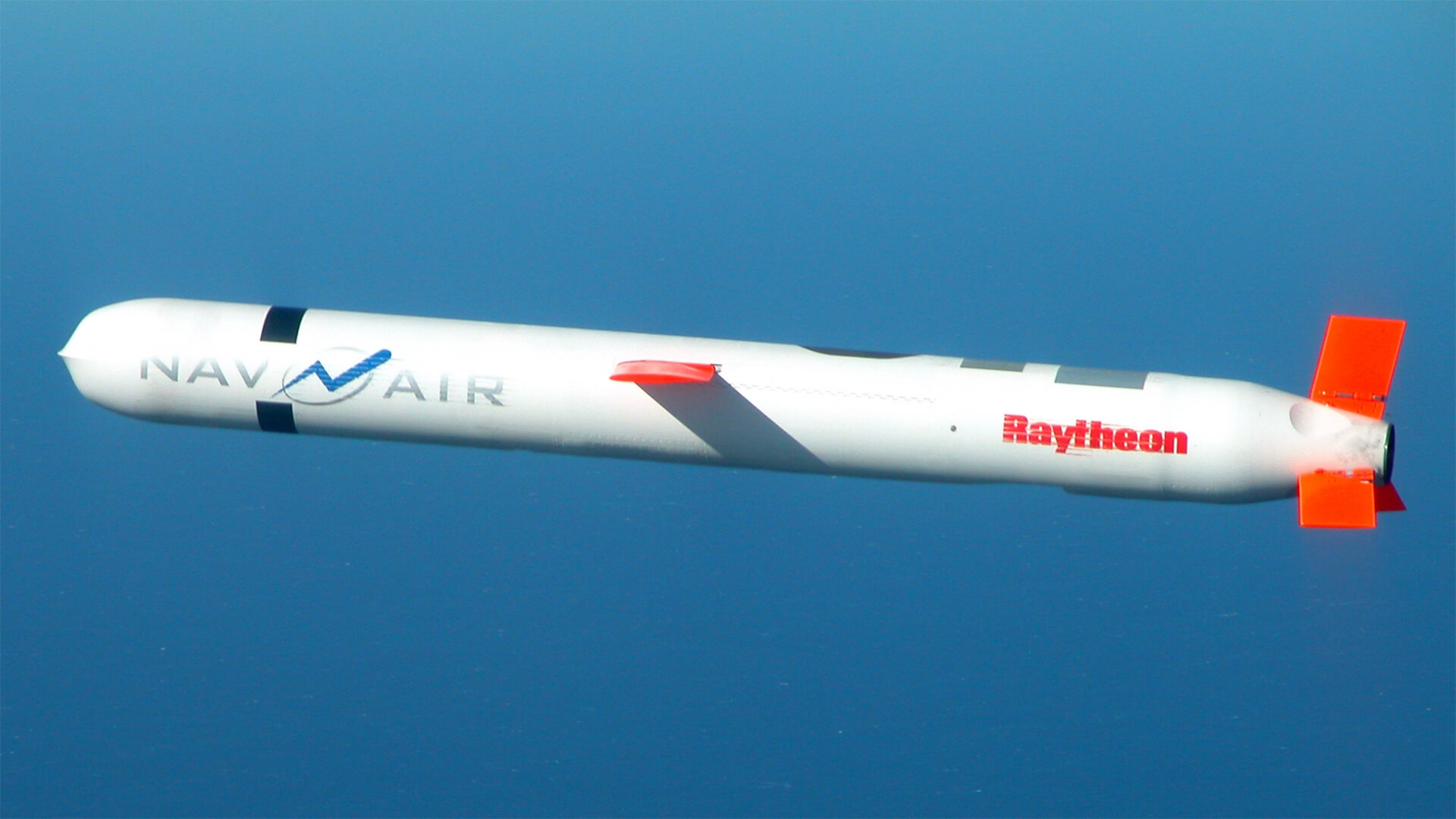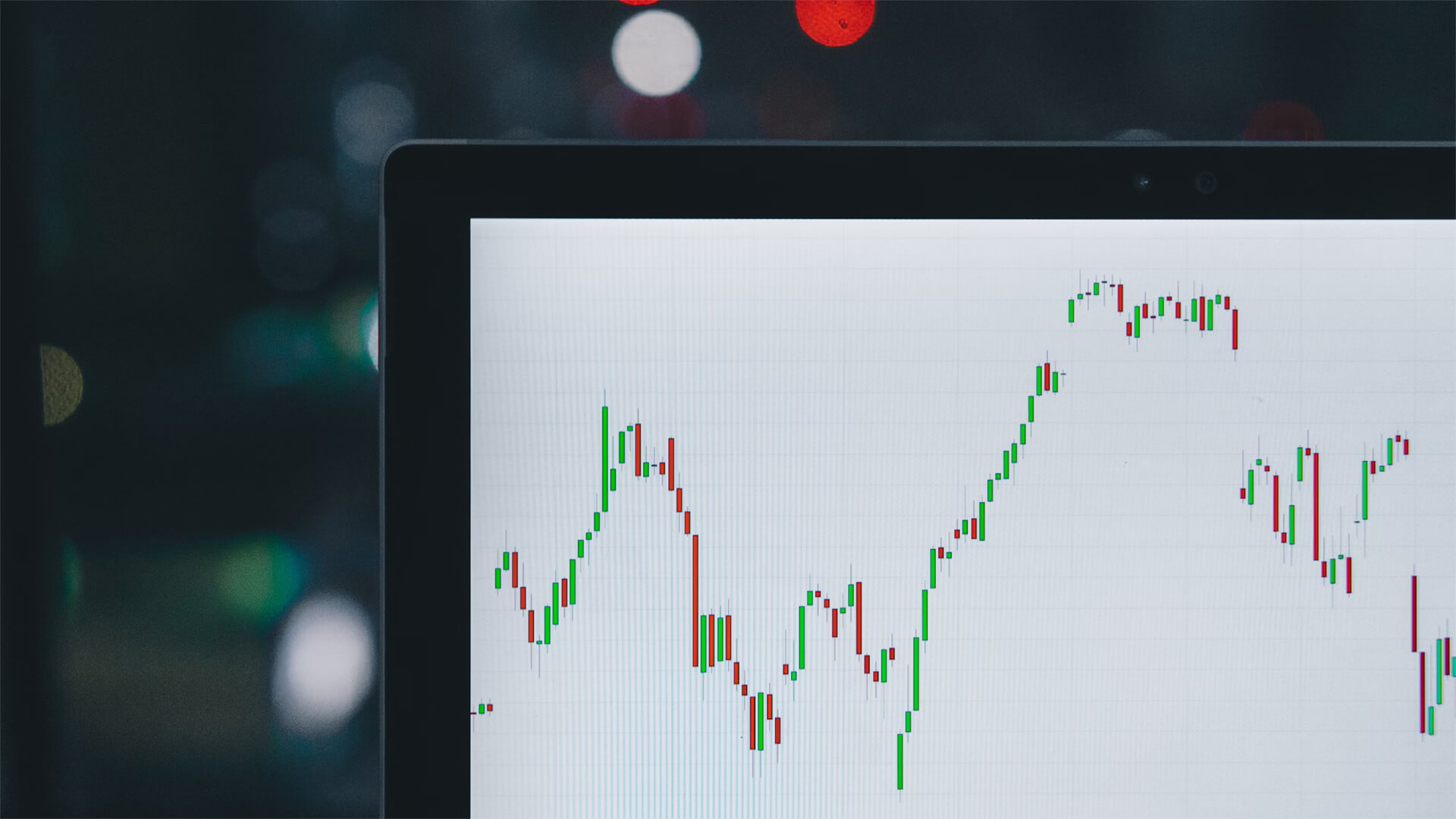*This video was recorded during my backpacking trip through Yosemite in the end of July.
Sure, the Cubans and the Americans have some history, but who doesn’t? If both sides can let that water pass under the bridge, what will Cuba’s role in the North American system look like moving forward?
Cuba hasn’t done much integrating with global manufacturing, and has allied with anti-American powers like the Soviets/Russians and China. With all of its partners facing huge problems – Russia at war, China collapsing and demanding subservience for aid, and Venezuela’s mess – there’s a clear need for Cuba to consider a new path.
So, who can fill those shoes? It looks like the US is the only viable partner for the Cubans, and that will require some work. We’re talking political changes and hefty negotiations, but both sides could benefit from the partnership. We are talking stability, tourism, and North American integration into manufacturing norms. Also, a secular challenge to the American sugar sector.
Again, this will take some significant reform and changes to mindsets on both sides, but a partnership could be lucrative for both the US and Cuba.
Here at Zeihan On Geopolitics we select a single charity to sponsor. We have two criteria:
First, we look across the world and use our skill sets to identify where the needs are most acute. Second, we look for an institution with preexisting networks for both materials gathering and aid distribution. That way we know every cent of our donation is not simply going directly to where help is needed most, but our donations serve as a force multiplier for a system already in existence. Then we give what we can.
Today, our chosen charity is a group called Medshare, which provides emergency medical services to communities in need, with a very heavy emphasis on locations facing acute crises. Medshare operates right in the thick of it. Until future notice, every cent we earn from every book we sell in every format through every retailer is going to Medshare’s Ukraine fund.
And then there’s you.
Our newsletters and videologues are not only free, they will always be free. We also will never share your contact information with anyone. All we ask is that if you find one of our releases in any way useful, that you make a donation to Medshare. Over one third of Ukraine’s pre-war population has either been forced from their homes, kidnapped and shipped to Russia, or is trying to survive in occupied lands. This is our way to help who we can. Please, join us.
Transcript
Hey everybody. Hello from Yosemite’s North Country. I’m just above Butte Canyon right now, and today we’re going to talk about Cuba. Grabbing a question from the Ask Peter forum about the place of Cuba in the North American system as globalization falls apart. Obviously, there’s a bit of drama between the United States and Cuba.
The United States seized Cuba from the Spanish at the end of the Spanish-American War, way back at the end of the 19th century, and then ran it as a colony until it broke away under the Castro revolution of the 1960s. Since then, it’s generally been a pain in the ass for the U.S. from the American point of view, while the Cubans obviously see us as the pain in the ass.
However, the Cubans have never joined the globalized structures in a normal way. They never got into manufacturing; the only thing they really produce for export is sugar. Instead, they have chosen to cozy up to whoever the dominant anti-American power happens to be, and for most of their history, that has been the Soviet Union—Russia. The problem they’re going to be facing in the not-too-distant future is that Russia is occupied with things much closer to home and doesn’t have a lot of cash to throw Cuba’s way.
Now, while the Cubans are flirting with the Chinese, the Chinese want a lot more—what’s the word I’m looking for?—servile policy out of Cuba if they’re going to invest any money. The Chinese are very well aware of the map and that Cuba’s just on the wrong side of the planet, making it impossible to supply unless the United States allows it.
So, sooner or later—probably within the next ten years—we’re going to have a situation where the available sponsors are no longer available. Their backup plan for the last, well, it’s 2024, so for the last 25 years, has been Venezuela, which has basically paid for Cuba to exist with oil transfers. Well, Venezuelan oil is going away—it’s almost gone, actually. And so there’s really not much left. We’re going to have a situation in the not-too-distant future where the Cubans are going to be forced to find a new way to operate if they want to, you know, feed themselves. And the only option on the table is the United States because there’s no one else in the world who’s going to side with Cuba against the United States.
The question is when, and the question is how. “When” is a little tricky because it ultimately comes down to when the Cuban government decides it wants to open up a new chapter in its history. Now that the Castros are gone, that is at least possible. We did see, under the Obama administration, a deal—though not a great one, as pretty much all Obama-era deals were. He wasn’t really interested in negotiating; it was more of a “let’s just get this done and move on.” Trump abrogated it anyway. The bare bones of that deal—forget the specifics—are just that the United States would allow tourism to go on, the United States would allow food sales to Cuba, and in exchange, Cuba would need to politically loosen up a little bit.
Obviously, those three things would be part of any longer-term pact, but there are really two other things you should think about. The first is not just agriculture, but the impact that Cuban agriculture will have on the United States more than the other way around. Yes, the United States is the world’s largest producer and exporter of foodstuffs, and the Cubans need that food because they’re not capable of growing what they need to feed their own population. But what they can grow competitively is cane sugar, and if cane sugar were allowed in the United States, it would be at a lower price and a higher quality than our existing sugar, which mostly comes from sugar beets in places like the Red River Valley of North Dakota, Minnesota, and a little bit down in the sugar bowl of Louisiana—very low-quality sugar, very high prices, very heavily subsidized.
So, if you do bring Cuba into the fold, keep in mind that you’re going to have a little fight with the agricultural lobby. Now, the agricultural lobby will ultimately go with Cuba because everybody else would be able to sell things to Cuba, and only the most protected industry we have in the country would be the one that would suffer. It’s just a question of time.
The second thing to keep in mind is that despite Cuba’s many faults—and there’s a list—they actually have a pretty good technical education system. Remember, this is a country where the cars on the streets date back to the ’50s and ’60s, and a lot of nostalgic tourists like to go there. They’re still running—not because they were ever good cars, but because this is a nation of doctors and mechanics. Now, they’re not certified in the way that Americans would define the term—let’s not get crazy—but for a developing country, their technical skill is actually pretty high, and their cost of labor is only like 10 to 15% of what it is in Canada or the United States. So, if you were to take a new deal and expand NAFTA to another country, you’d have something pretty special here.
Mexico, especially northern Mexico, has now advanced to the point that they don’t do low-skilled labor, but Cuba could. In fact, Mexico is in a position where it needs an “1980s Mexico” in order to achieve economic efficiency. So, you get an agricultural merger, and you get some really interesting things happening in the manufacturing space. And it’s right off the coast of Miami. Oh, and I have no doubt that it’ll turn into a tropical Vegas, so there’s that, too.
All that takes is a change in mindset in Cuba—that it’s really time to come on board or move on—and a bit of a change in mindset in the United States—that it’s time to either negotiate a deal or force the issue. Either of those can take any number of forms; it doesn’t have to involve shooting. It can all happen around the negotiating table. It’s just an issue of choice on both sides.
Alright, that’s it for me. Take care.

